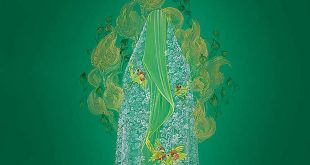Legal maxims reflect settled principles of law to which jurists appeal when confronting new legal cases.
One such maxim of Islamic criminal law stipulates that judges are to avoid imposing hudūd and other sanctions when beset by doubts as to the scope of the law or the sufficiency of the evidence (idra’ū’l-hudūd bi’l-shubahāt): the “hudūd maxim.” Jurists of all periods reference this maxim widely. But whereas developed juristic works attribute it to Muhammad in the form of a prophetic report (hadīth), early jurists do not. Instead, they cite the maxim as an anonymous saying of nonspecific provenance in a form unknown to hadīth collectors of the first three centuries after Islam’s advent. This difference in the jurists’ citations of the maxim signals a significant shift in claims to legal authority and the asserted scope of judicial discretion, as jurists debated whether and how to resolve legal and factual doubt. While political authorities exercised increasingly wide discretion over criminal matters and used it to benefit the elite, most jurists promoted an egalitarian “jurisprudence of doubt” through insisting on criminal liability for high-status offenders and heightening claims of the authoritativeness and scope of the hudūd maxim as a hadīth.
Bibliographic Information
Title: Islamic Legal Maxims as Substantive Canons of Construction: Hudūd-Avoidance in Cases of Doubt
Author: Intisa A. Rabb
Published in: Islamic Law and Society, 17, (2010): 63-125.
Language: English
Length: 64 pages
 Ijtihad Network Being Wise and Faithful Muslim in the Contemporary World
Ijtihad Network Being Wise and Faithful Muslim in the Contemporary World
